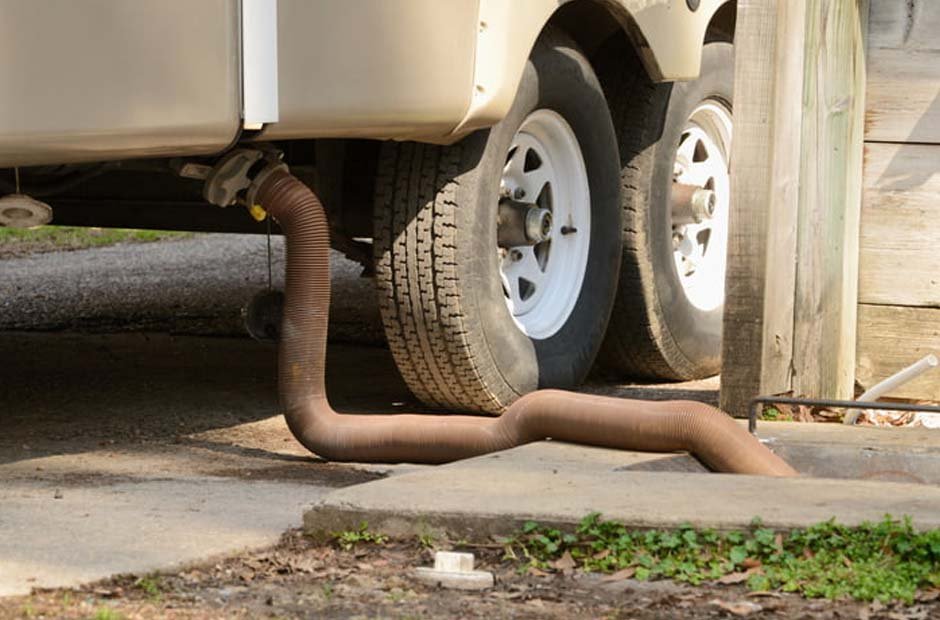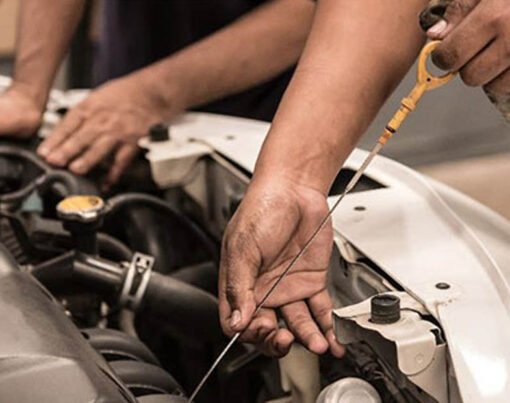Embarking on a long-term trip in your RV is the ultimate adventure, offering freedom and flexibility to explore the open road. But to ensure your journey isn’t cut short by septic system troubles, proper maintenance is essential. Taking care of your RV’s septic system not only protects the environment but also preserves the comforts of home while you’re miles away from the nearest service station.
Table of Contents
The Essentials of Septic System Care
At the core of your RV’s septic system are two tanks: the gray water tank, which collects water from the shower and sinks, and the black water tank, which holds waste from the toilet. Both require regular attention to prevent odors, clogs, and potential damage. The key to maintenance is routine care and the use of proper treatments that break down waste and toilet paper, keeping the system flowing and odor-free.
When choosing a septic system treatment, opt for environmentally friendly options that won’t harm the ecosystems where you’ll be disposing of your waste. Biodegradable treatments are not only better for the environment, but they’re also often gentler on your RV’s plumbing systems. Regular flushing, careful monitoring of what goes down the drains, and consistent tank emptying are all parts of a comprehensive care routine.
Selecting the Right Treatment
The market offers a variety of septic system treatments, ranging from chemical to enzyme-based solutions. Here’s a comparative view of popular treatments and their characteristics:
| Treatment Type | Brand | Eco-Friendly | Break Down Time |
| Chemical | Brand X | No | 1-2 Days |
| Enzyme | Brand Y | Yes | 2-5 Days |
| Bioactive | Brand Z | Yes | 3-7 Days |
Choosing the right treatment will depend on your travel frequency, length of trips, and personal preference for environmental impact. Remember that while chemical treatments may work faster, they can be harsher on the system and the environment.
Regular Rituals: The Maintenance Schedule
Sticking to a maintenance schedule is as crucial as choosing the right treatment. Emptying the black water tank should be done regularly, typically after it reaches two-thirds full, to prevent solids from building up. The gray water tank can be emptied more frequently since it contains less solid waste. However, it’s important to empty the black water tank before the gray to help flush out any residue with the soapy water from the gray tank.
After emptying, flush the system with clean water, and then add the chosen treatment to the empty tanks along with some water to enable the treatment to work effectively. Regular inspection of the tank sensors and seals can also prevent leaks and ensure accurate readings on waste levels.
Long Haul Harmony: Tips for Extended Trips
For those planning long-term excursions, the septic system’s health becomes even more critical. In addition to regular maintenance, it’s important to conserve water to reduce the frequency of tank emptying. Using RV-specific toilet paper that breaks down quickly can prevent clogs, and minimizing the use of kitchen disposals ensures less solid waste enters the system.
Being mindful of what you flush is crucial. Avoid disposing of feminine hygiene products, paper towels, or anything non-biodegradable in the toilet. These items can cause blockages and interfere with the treatment process. Also, invest in a high-quality sewer hose with a reliable connection to prevent leaks and spills during the dumping process.
Trouble on the Trail: Dealing with Issues
Even with diligent care, issues can arise. Odors, slow tank sensors, and clogs are common issues RV owners face. If odors persist, it could indicate the need for a different treatment or more frequent tank maintenance. For clogs, a specialized RV plunger or auger can often resolve the issue. Slow sensors may require cleaning or recalibration, which can be done with specific cleaning solutions designed for tank sensors.
When problems occur, addressing them promptly can prevent them from escalating into bigger, more costly repairs. Keep a basic set of tools and spare parts on hand for quick fixes. For more complex issues, don’t hesitate to seek out professional service to get your system back in top shape.
Navigating Dump Stations with Ease
Part of maintaining your RV’s septic system is becoming familiar with dump stations, especially during those longer trips. Locating RV-friendly facilities before hitting the road can save you from the hassle of searching when your tanks are nearing capacity. There are apps and resources available that can help you find nearby dump stations along your route, often with reviews about the cleanliness and ease of use.
When using dump stations, always ensure you’re equipped with gloves for sanitation and a quality sewer hose. Follow the rules and guidelines posted, as they are there to keep the process safe and hygienic for everyone. Proper dump station etiquette, like cleaning up after yourself and ensuring that everything is properly connected before emptying your tanks, not only reflects well on you but also preserves these facilities for other travelers.
Embracing Eco-Friendly Practices
In an era where environmental consciousness is more important than ever, incorporating eco-friendly practices into your RV travels is not just responsible—it’s essential. This extends to how you maintain your septic system. Opting for natural, biodegradable treatments and minimizing water usage are steps that reduce your ecological footprint. Furthermore, proper disposal of your waste is not only a matter of convenience but also of environmental responsibility.
Many eco-conscious RVers also recommend using homemade treatments, like a mixture of baking soda and vinegar, to maintain tank health without the use of harsh chemicals. These natural alternatives can keep your system running smoothly while also safeguarding the natural settings that make RVing so enjoyable. By being mindful of your impact, you ensure that the great outdoors remains pristine for future generations of adventurers.
Final Thoughts: The Journey Awaits
Taking care of your RV’s septic system may not be the most glamorous part of your travel preparations, but it’s undoubtedly one of the most important. With the right treatment, a solid maintenance routine, and a bit of care, you can hit the road for the long haul with confidence, knowing that your home away from home is as ready for adventure as you are. Happy travels, and may your journey be as smooth as your well-maintained septic system.










